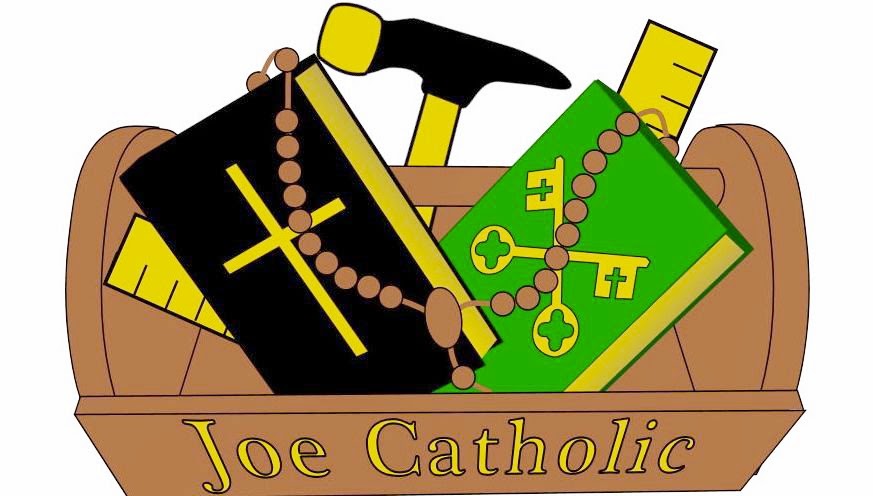Traditionally, May is the "month which the piety of the faithful has especially dedicated to Our Blessed Lady." (Paul VI: Encyclical on the Month of May, no. 1). This practice began in the 13th Century and was particularly popular with the Jesuits. Because of the far reach of the order’s schools, the devotion spread and by the 1700’s it began to spread throughout the Church.
We are not required by Church teaching to maintain any particular devotion to Mary, but we would be remiss not to. As Christ was dying on the cross He shared His mother with us - "behold your mother" (John 19:27). I figure if she was good enough for Jesus, she's good enough for us.
We are not required by Church teaching to maintain any particular devotion to Mary, but we would be remiss not to. As Christ was dying on the cross He shared His mother with us - "behold your mother" (John 19:27). I figure if she was good enough for Jesus, she's good enough for us.
Mini-Marian Pilgrimage
As the month of May comes to a close, consider taking a mini-Marian pilgrimage. St. Josemaria would gather a group and walk to a another town that had a Marian shrine. Today, we could carpool with a group, pray the rosary on the trip and spend some time praying at the chapel locally at the Cathedral of Our Lady of Guadalupe in Downtown Dallas or go out to Denton and pray in the Marian garden at Immaculate Conception.
Books to Read
Hail, Holy Queen, Scott Hahn
St. Louis De Montfort's True Devotion to Mary
As the month of May comes to a close, consider taking a mini-Marian pilgrimage. St. Josemaria would gather a group and walk to a another town that had a Marian shrine. Today, we could carpool with a group, pray the rosary on the trip and spend some time praying at the chapel locally at the Cathedral of Our Lady of Guadalupe in Downtown Dallas or go out to Denton and pray in the Marian garden at Immaculate Conception.
Books to Read
Hail, Holy Queen, Scott Hahn
St. Louis De Montfort's True Devotion to Mary



